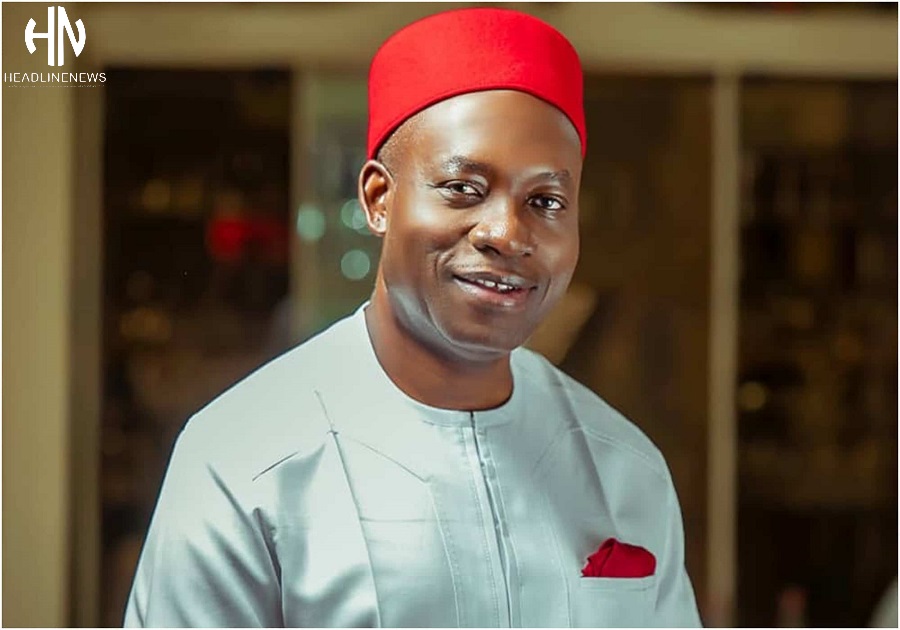Anambra State Governor Chukwuma Soludo has made controversial statements regarding the ethnic composition of criminals operating in Nigeria’s Southeast region, contradicting widespread beliefs about external involvement in local security challenges.
Speaking at a town hall meeting with the Anambra State Diaspora Community in the United States on Monday, Soludo presented arrest statistics that challenge prevailing assumptions about the origins of criminal activity in his state.

“I have been in office for three years and three months; if we have arrested a hundred criminals, kidnappers, and so forth, 99.99% are Igbo youths,” the governor stated, directly addressing what he termed a “false narrative” about Fulani involvement in regional security issues.
Background Context
The governor’s remarks address longstanding concerns in the Southeast about criminal activities allegedly perpetrated by Fulani herders operating from forest camps. Many communities have attributed kidnapping and other violent crimes to these groups, viewing them as external threats to regional security.
Soludo disputed this narrative, arguing that it has misled young people into criminal activities. “The false narrative they gave us is ‘Oh! the Fulanis, they’re invading our people, and they are now everywhere; they’re waiting for a whistle to be blown, and they will take over,'” he explained.

Criminal Activities and Youth Involvement
The governor drew connections between kidnapping and other illicit activities, suggesting that criminal enterprises have evolved to meet changing opportunities. “They’re into kidnapping because it is the next lucrative business after ‘Yahoo Yahoo’ and drugs,” Soludo observed, referring to internet fraud schemes.
He maintained that misleading information about external threats had driven local youth into forest hideouts where they engage in kidnapping for ransom and other criminal activities.

Recent Violence and Responses
Soludo’s comments came shortly after a deadly attack in Ogboji, a community in Orumba South Local Government Area, where over 13 people reportedly from Ebonyi State were killed by unidentified gunmen. The Anambra State government attributed this violence to internal disputes within the Ebonyi association rather than ethnic targeting.
Opposing Views
The International Society for Civil Liberties and Rule of Law (Intersociety) has challenged Soludo’s characterization of the security situation. The rights group, through its Board of Trustees Chairman Emeka Umeagbalasi, maintains that Fulani herders do operate from forest camps in multiple local government areas.
“We’re strongly puncturing Gov. Charles Soludo’s Maryland speech in the USA, exonerating Jihadist Fulani herdsmen in Anambra’s Forest and Farmland Insecurity,” the group stated, claiming that communities in Awka South, Awka North, Oyi, Ayamelum, Orumba South and North, and Dunukofia all host such camps.
The organization accused the state government of “shielding Jihadist herdsmen since 2022” and claimed that blame for their activities has been inappropriately shifted to other groups.

Broader Implications
The debate reflects deeper questions about security challenges in Nigeria’s Southeast region and the accuracy of different narratives about their origins. While Governor Soludo presents arrest statistics to support his position, civil society groups maintain that external threats remain significant factors in regional insecurity.
The discussion occurs against the backdrop of ongoing tensions between different communities and competing interpretations of violence in the region, highlighting the complexity of addressing security challenges in Nigeria’s diverse ethnic landscape.




